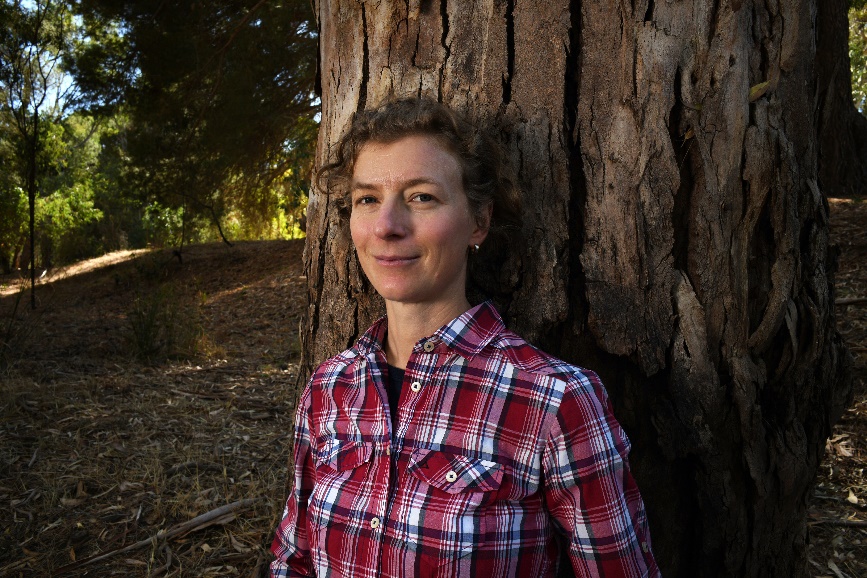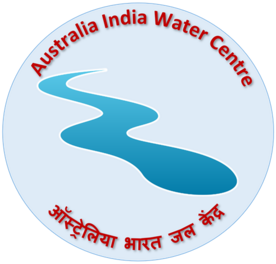
Name: Margaret Shanafield Highest qualification and awarding university PhD, University of Nevada Reno Designation Senior Lecturer, Senior Researcher Employer Flinders university Contact details: Email: WhatsApp number/Mobile number Margaret.shanafield@flinders.edu.au +61426292293 Home page link on your employer web site if available Key areas of interest Surface water-groundwater interactions, streambed dynamics, intermittent rivers, groundwater recharge international water development, water-energy-food nexus, citizen science Web link for personal profile Google scholar: https://scholar.google.com.au/citations?user=nkh8aTUAAAAJ&hl=en
Brief career profile
Margaret Shanafield is a senior lecturer with over 15 years of experience in water resources. She is passionate about understanding how water flows in natural systems, how we use water, and how we can get clean water to those who need it- in Australia and across the globe. She recently completed an Australian Research Council DECRA fellowship understanding catchment processes (streamflow generation, streambed infiltration and groundwater recharge, evapotranspiration) in intermittent stream systems. She routinely does both fieldwork and computer modelling, and enjoys developing novel field tools. She has over 40 peer-reviewed publications, and has recently begun working with NCGRT to organise groundwater training courses.
Research projects completed or on-going
-
Predicting groundwater replenishment in arid catchments. Funding: Australian Research Council
-
Integrated water, soil and nutrient management for sustainable farming systems in South Central Coastal Vietnam and Australia. Funding: Australian Centre for International Agricultural Research
Australia-Japanese comparative analysis of urban water-food energy security nexus. Funding: Mawson Lakes Fellowship Program.
Key publications
-
Shanafield et al. (2020) Catchment-scale characterisation of potential infiltration through an intermittent streambed; a simple geophysics approach. Journal of Geophysical Research: Earth Surface. 125, e2019JF005330. https://doi.org/10.1029/2019jf005330
-
Gutierrez-Jurado KY et al (2019) What triggers streamflow for Intermittent Rivers and Ephemeral Streams? Water Resources Research 55(11):9926-9946. https://doi.org/10.1029/2019WR025041
-
Shanafield M, Cook PG (2014) Transmission losses, infiltration and groundwater recharge through ephemeral and intermittent streambeds: A review of applied methods. Journal of Hydrology, 511(518-529)
-
Shanafield M, Banks EW, Arkwright JW, Hausner MB (2018) Fiber‐optic sensing for environmental applications: Where we have come from and what is possible. Water Resources Research 54(11):8552-8557. https://doi.org/10.1029/2018WR022768
-
Shanafield M, Rigosi A, Liu Y, Brookes J (2020) The impact of multiple anthropogenic stressors on a clear, freshwater wetland. Ecology and Society 25(2):6. https://doi.org/10.5751/ES-11437-250206
